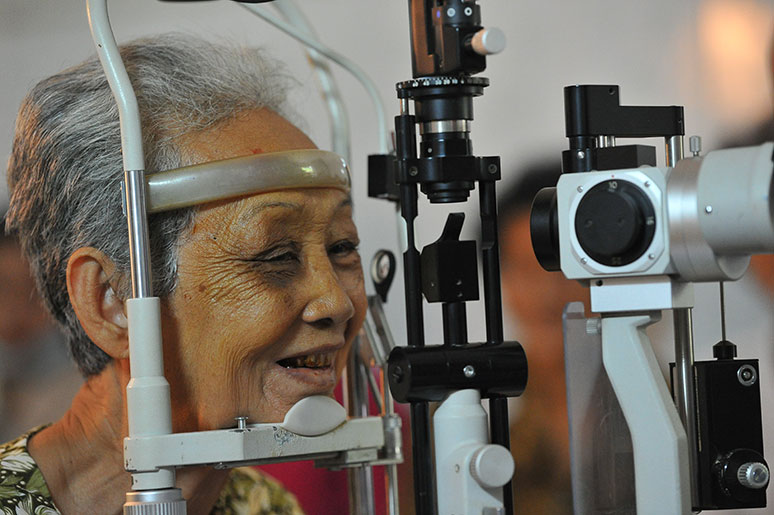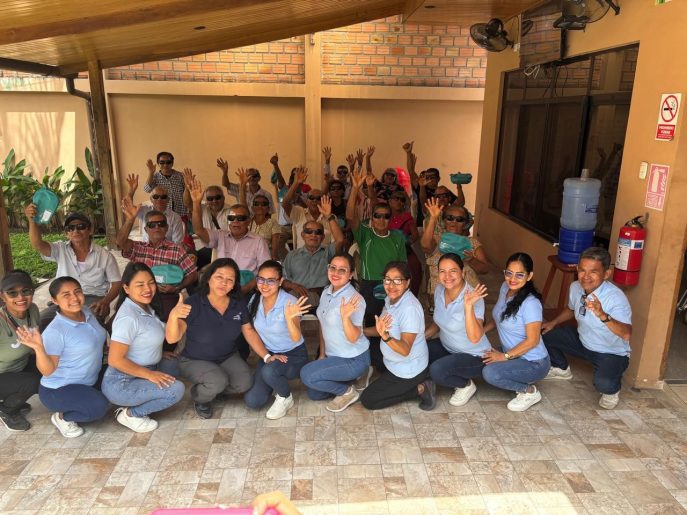Glaucoma is one of the leading causes of vision loss worldwide, affecting nearly 60 million people. Treatment can slow its progression, but there is no cure. It has long been thought that lifestyle choices do not play a role in glaucoma, but several recent studies show that lifestyle factors can influence eye pressure, which is a major risk factor for the disease.
Here’s a list of habits that may help reduce the risk of losing your vision from glaucoma.
1) Exercise regularly.

A recent study showed that people who engaged in moderate to vigorous physical activity appear to have a 73 percent lower risk of developing glaucoma. This is because blood flow and pressure inside the eye may change with exercise, which may affect glaucoma risk.
2) Eat a diet rich in fruits and vegetables, especially green, leafy ones.

One study showed that people who ate more leafy vegetables have a 20 to 30 percent lower risk of developing glaucoma. Why? Nitrates in green vegetables can be converted to nitric oxide, which can improve blood flow and help regulate pressure inside the eye.
3) Drink coffee in moderation. Better yet, drink tea instead of coffee.

A study published last month showed that people who consumed at least one cup of hot tea daily had 74 percent decreased odds of having glaucoma compared with those who did not consume hot tea. A little coffee is fine, but excessive caffeine intake is not ideal. One study found that drinking 5 or more cups of caffeinated coffee increased the risk of developing glaucoma. How can tea help? Antioxidants and the flavonoids contained in tea may improve the body’s ability to prevent the harmful effects of free radical damage.
4) Consider taking a magnesium supplement.

Studies suggest that an adequate intake of dietary magnesium may be beneficial for patients with glaucoma. Why? Magnesium improves circulation and seems to have a beneficial effect on glaucoma patients’ vision.

Imagine not being able to see the things that you love… then, imagine you can.
Helping someone see clearly is the biggest difference you can make in their lives.
5) Brush, floss, and visit the dentist regularly.
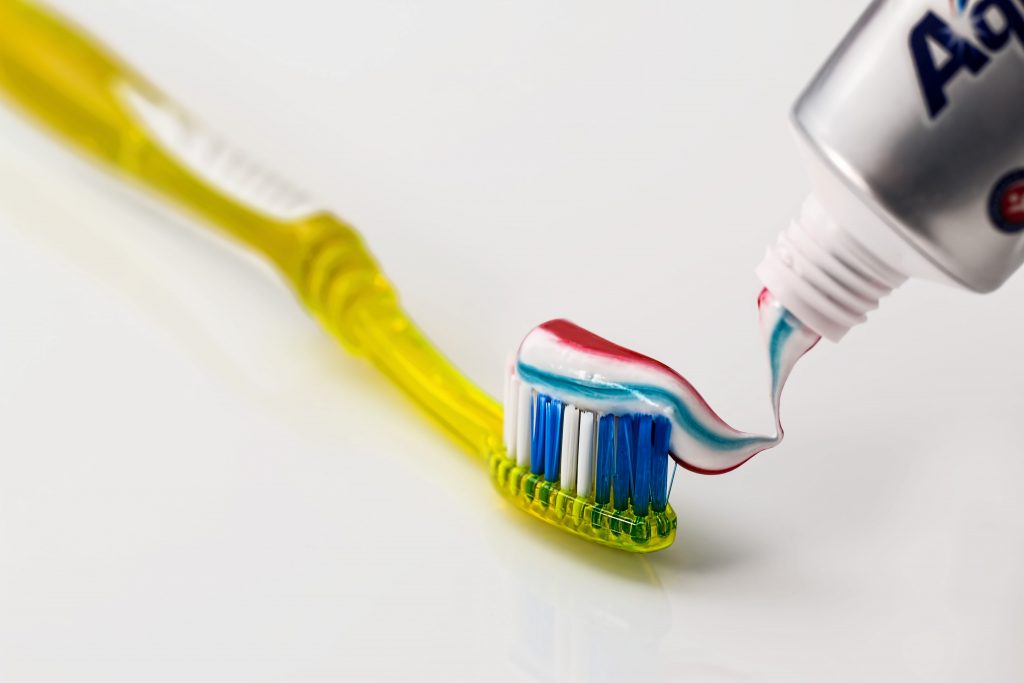
A recent study showed that tooth loss may be linked to increased glaucoma risk. This is because periodontal disease may trigger an inflammatory response that can contribute to glaucoma.
6) Don’t smoke.

Studies indicate that smoking cigarettes increases the risk of glaucoma, and has an overall negative impact on eye health.
7) Maintain a healthy body weight.

Studies show that people with a higher body mass index (BMI) are at increased risk for diabetes, and having diabetes puts people at risk of glaucoma. Having a too low BMI is also associated with increased glaucoma risk.
8) Avoid inverted postures in yoga.
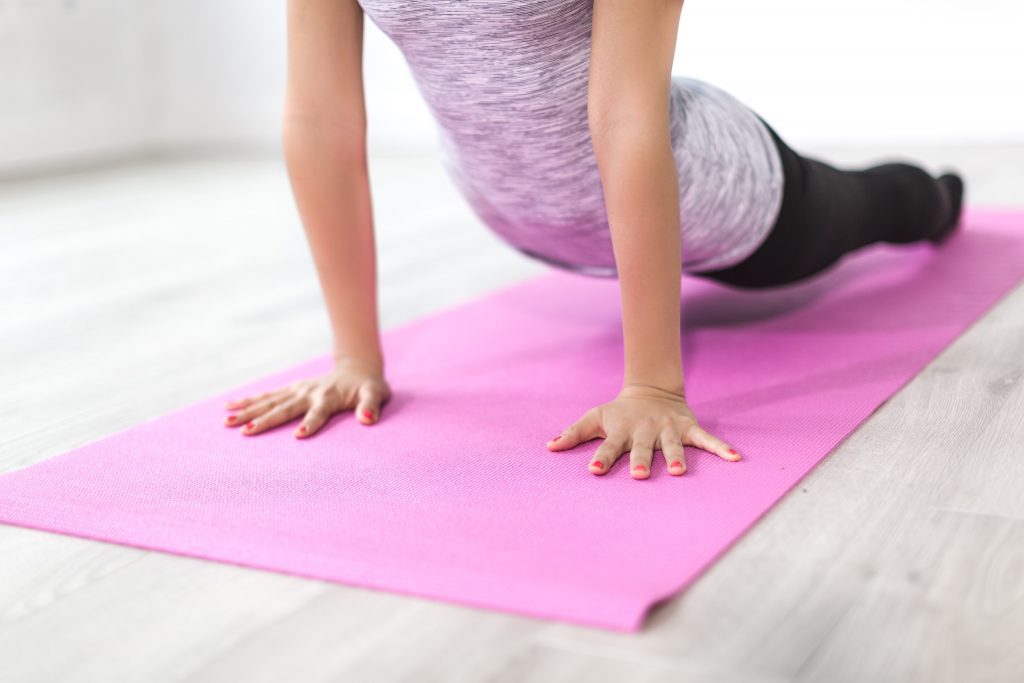
Studies show head-down positions can increase eye pressure and are not recommended for glaucoma patients. There are plenty of yoga exercises that don’t have this effect
9) Avoid neckties.

Researchers say that a too-tight necktie may increase the risk of glaucoma by increasing blood pressure inside the eyes.
10) Get screened regularly for glaucoma, especially if you have a family history of the condition.
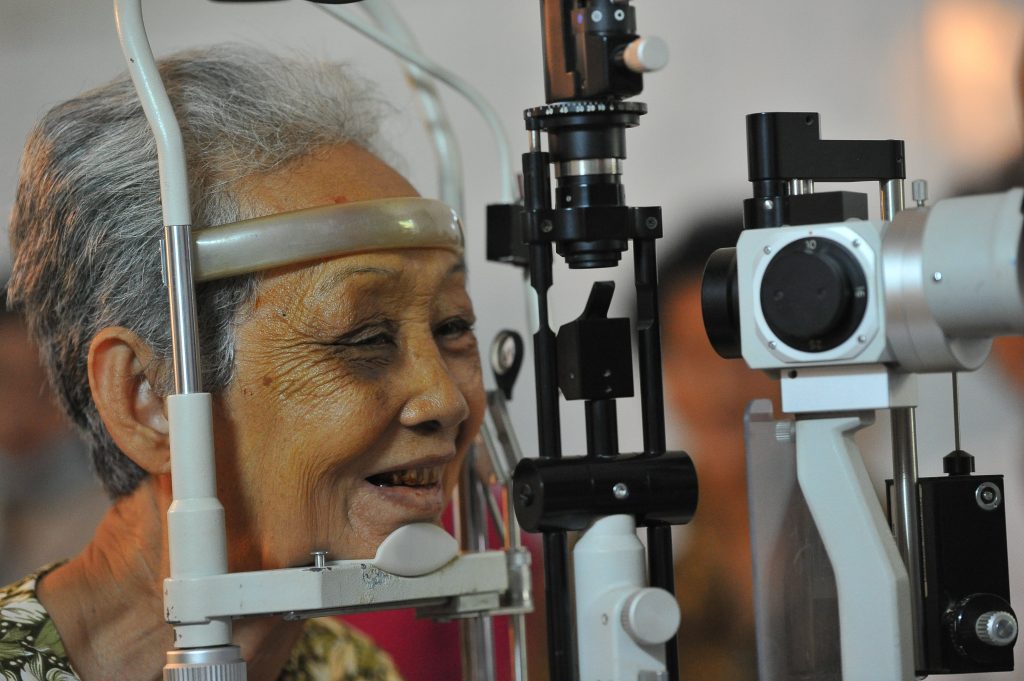
Researchers have recently identified certain genes that increase the risk of glaucoma. Those at higher risk of glaucoma include people of African descent, people with diabetes, and those with a family history of glaucoma. You are at increased risk if you have a parent or brother or sister with glaucoma.
“Some patients say that they feel powerless against a disease like glaucoma,” said Davinder Grover, M.D., a clinical spokesperson for the American Academy of Ophthalmology. “By offering information about lifestyle factors, we hope to help empower them to live their lives in a way that will have the greatest positive impact on this disease, and improve their quality of life immediately.”
Because there is not enough clinical data to make broad recommendations regarding lifestyle factors, you should discuss with your doctor whether specific changes may be appropriate for you.
